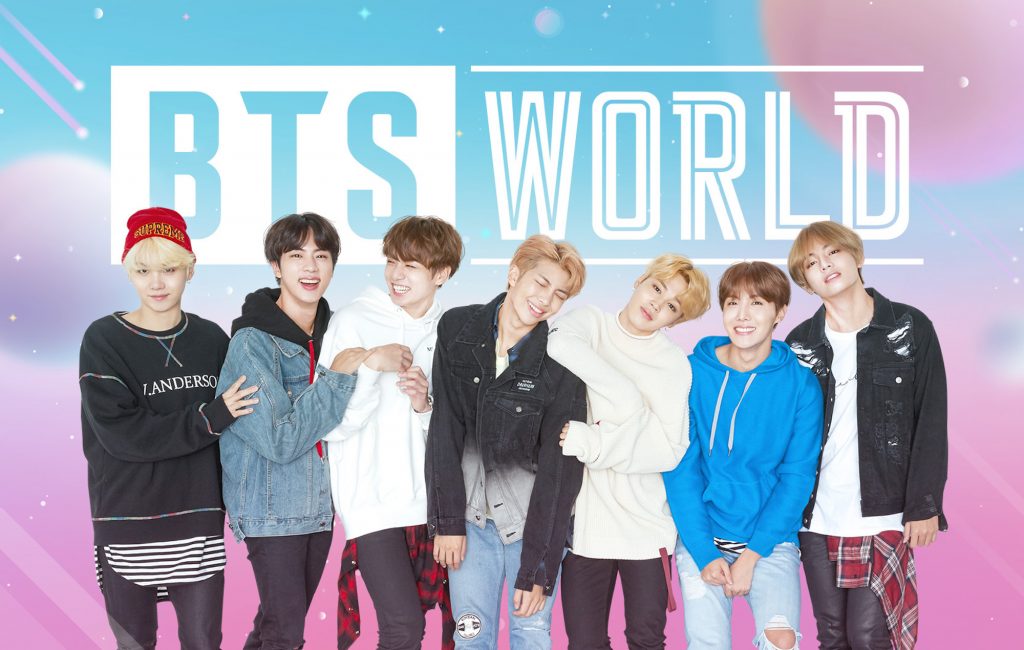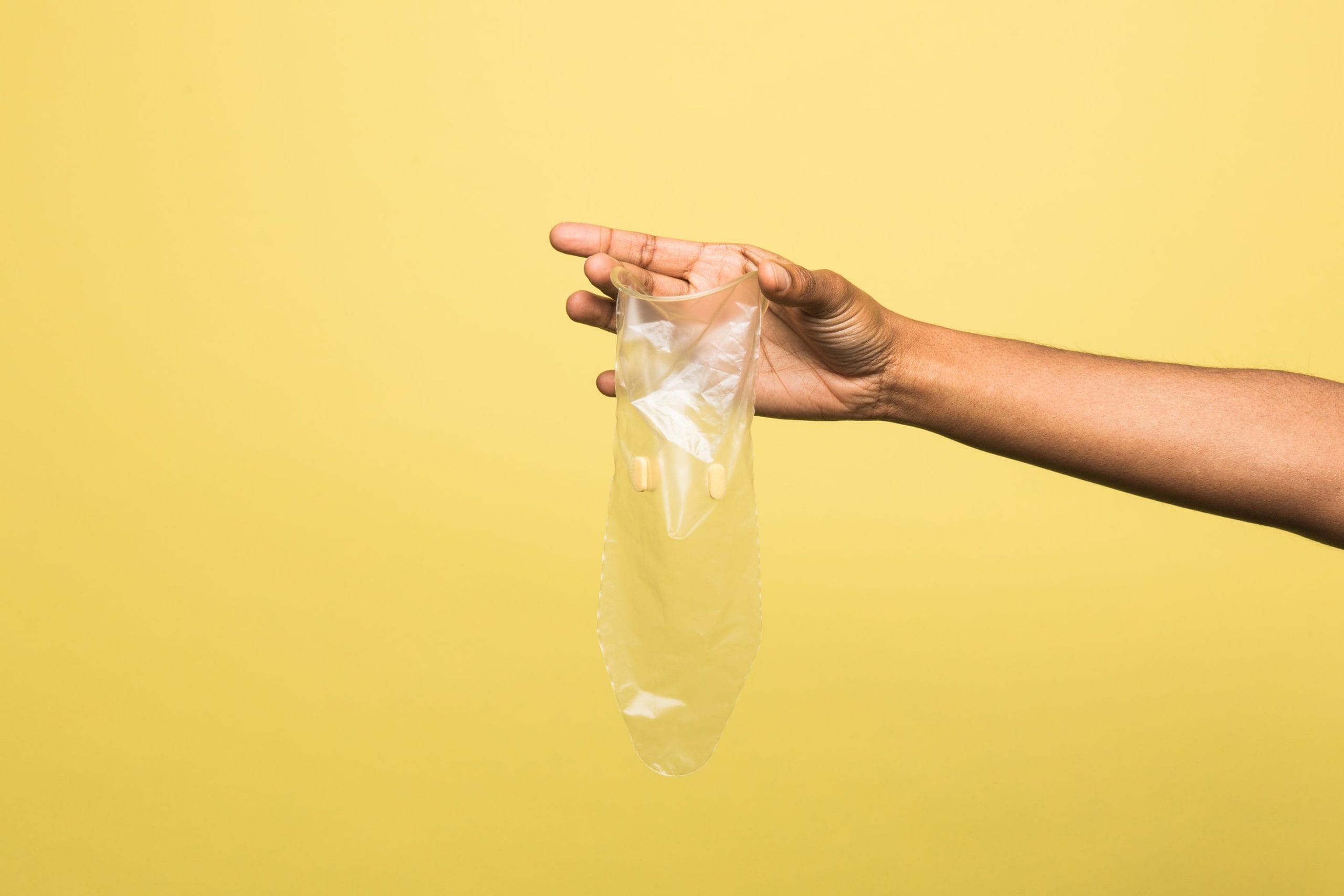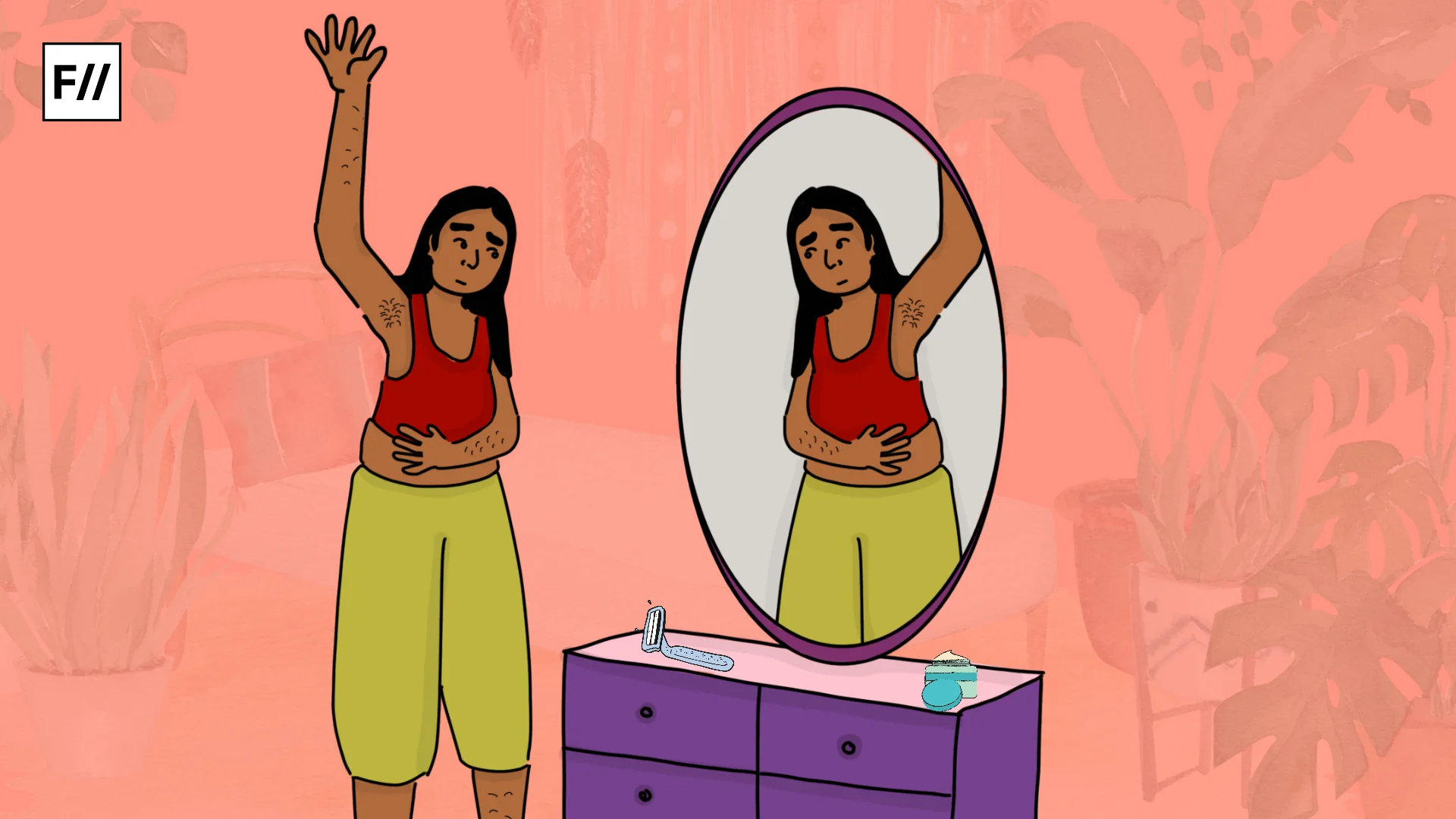It’s been more than 6 months that we’ve been cooped up at home because of the Covid-19 pandemic. I am not a generally physically affectionate person myself, but I experienced a touch-starved existence for the better part of these months. Touch-starvation is real, and not just sexual, but platonic as well.
Why is physical intimacy so important? It’s known to calm you down, reduce stress, reinforce feelings of safety and protection, and the general dopamine increase that touch produces. When I reflect back on physical intimacy, the stark difference in how women express themselves with their girlfriends vs. how men do with their male friends is extremely obvious but not surprising. It is easier for most women to be platonically intimate with their girlfriends, but not for a lot of men.
BTS (Bangtan Sonyeondan), a famous Korean band showcases its members uninhibitedly show each other physical affection like hugs, cuddling, kisses on the forehead and the cheek, holding hands, and sleeping in the same bed. Because of this, they are deemed as ‘lady-ish’ or ‘feminine’ by a lot of men who don’t follow them. This is not because of their music, but because of a trait that has been assigned to the female gender that reflects as the norm in the band.

Platonic affection and male friendships are broadly categorised under ‘bromance’, a romance with your ‘bro’, because of ‘no homo’. Within this, how do men view platonic, physical intimacy? Many stereotypes suggest they can reveal true feelings and be affectionate only when they’re drunk or they subconsciously do so because expressing platonic affection for your male friend may seem ‘gay’ (in regressive hyper-masculine lingo).
When I reflect back on physical intimacy, the stark difference in how women express themselves with their girlfriends vs. how men do with their male friends is extremely obvious but not surprising. It is easier for most women to be platonically intimate with their girlfriends, but not for a lot of men.
How is this idea perpetuated?
It comes from a hyper-masculine idea of suppression of feelings—‘be tough’, ‘man-like’, ‘manly’—which is engendered in generations. As fathers, men tend to show their love to their male children in a strong but silent way, without any physical contact, because they don’t want to make them ‘too soft’. Take for example, Yash Raichand from the film ‘Kabhi Khushi Kabhi Gham, who keeps a stoic demeanour and refuses to accept that he might have been mistaken in his decision to drive his son out of his house, adamantly holding onto that until the very end.

This idea is harmful to men’s perception of intimacy in general; it makes them averse to touch but at the same time they’re left craving for it. This could lead to them projecting their unfulfilled intimacy on the women in their life, causing them to rely on them as their ‘therapists’, their ‘saviours’, etc., much like every Imtiaz Ali film protagonist. A lot of men have a great bond with their male friends, built on camaraderie and shared experiences, but they shy away from physical intimacy.
Also read: Feminist Therapy For Men: A Road Towards Non-Toxic Masculinity
Why is physical intimacy important, and more importantly, why should its need be normalised and validated?
According to Tiffany Field, director of the Touch Research Institute at the University of Miami School of Medicine, “Touch is the first, and perhaps most profound, language we learn when we’re very young, says Touch might have a more immediate impact than words, because it is physical and leads to a chain of bioelectric and chemical changes that basically relax the nervous system.”
Although for most men, touch is either associated with violence, sex, or sports. The ‘homosexual’ element in platonic touch is magically lost on a football or a cricket field, because that kind of ‘roughing around’ is okay, it’s manly, it’s all an extension of the locker room. But this rarely permeates outside these spaces.
This idea is harmful to men’s perception of intimacy in general; it makes them averse to touch but at the same time they’re left craving for it. This could lead to them projecting their unfulfilled intimacy on the women in their life, causing them to rely on them as their ‘therapists’, their ‘saviours’, etc.
This kind of regressive thinking related to platonic physical intimacy has a huge role to play in the handling of stress and can be responsible for a number of harmful repercussions like depression and suicide. Women tend to confide in each other—female friendships are largely based on talking, confiding in, and getting confidence from each other. For men, instead of this, there is a societally implemented fight-or-flight response. The weight of having these emotions and having to maintain a stoic manner is manly as opposed to opening up, and seeking platonic intimacy without having to repeatedly assert ‘no homo’ umpteenth number of times.

This idea of aggressively rejecting any tender physical contact amongst male friends can be perceived as their subconscious desire to be more of a ‘man’ to attract attention from the opposite sex (assuming they are all straight). Sometimes, women too tend to perceive men who are more platonically intimate as ‘less manly’ or even automatically assume that they are queer. Intimacy among queer men has been established and is welcomed with open arms. But other straight men find this easier to accept because they might feel that any form of same-sex intimacy will have the potential to be homo-erotic, even if slightly. This causes them to shy away, hiding behind tall glasses of beer.
Also read: The Constant Erasure Of Female Masculinity & Why It Keeps Happening
But I see the axis tilting; a lot of men are opening up to the idea of a bromance that is more cuddle-friendly. Holding hands is very common among Indian men, something that I did not know or did not perceive was a relatively common thing because of the kind of male friendships I had seen. It’s pleasantly surprising to see men walk on the street holding hands without the frequent need to assert ‘no homo’ in doing so. With more people arming themselves with a non-biased view of how intimacy should not be gendered, there’s always the hope that some day in the not-so-distant future, we might not have to use ‘no homo’ as an irritating punctuation mark.
Featured Image Source: Feminism In India
About the author(s)
A 23-yr old aspiring recluse who's always looking to superimpose cinema, art, philosophy, writing, and literature on one another. Gulping books and coffee is second nature, the first is cynicism.




